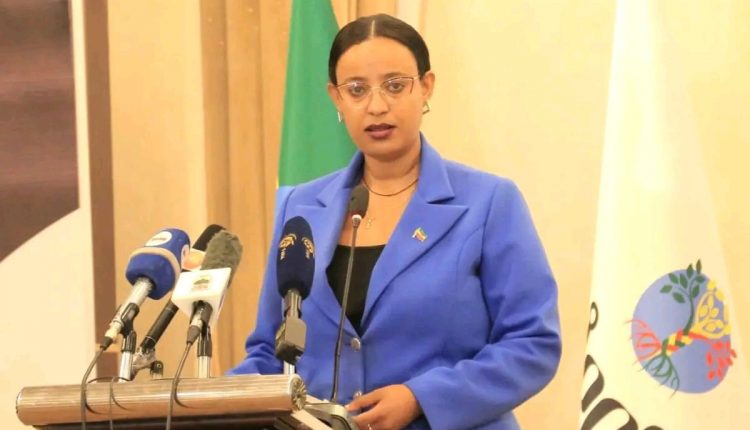Ethiopia committed to unlocking Africa’s geotourism potential – Tourism Minister
Addis Ababa, May 12, 2025 (FMC) – Ethiopia is stepping up efforts to promote geotourism and develop UNESCO Global Geoparks as tools for sustainable development in Eastern Africa, in partnership with the United Nations Educational, Scientific and Cultural Organization (UNESCO), the nation’s Tourism Minister said.
Tourism Minister Ms. Selamawit Kassa told Fana Media Corporation that Ethiopia is working to enhance geotourism and geopark resources by addressing major gaps in awareness, coordination, and sectoral capacity.
She noted that despite the continent’s vast geological potential, only two African countries have registered geoparks with UNESCO—a reflection of underdevelopment in the sector.
She emphasized that Ethiopia is one of the two countries with recognized geopark-related assets and has already registered 12 tangible heritage sites, six intangible heritage elements, and five protected biosphere reserves.
The Minister further indicated that a new national tourism policy—set to be approved soon—will give special attention to geotourism, facilitate the establishment of geoparks, and strengthen conservation and promotion efforts.
Speaking at the opening of a regional workshop co-hosted by the Ministry of Tourism and UNESCO in Addis Ababa, Selamawit highlighted Ethiopia’s initiative in organizing the forum to advance regional awareness of UNESCO Global Geoparks.
The workshop, held under the theme “The Role of UNESCO Global Geoparks and Geotourism for Sustainable Development,” will run until May 15, 2025.
The forum has drawn participants from Eastern African countries and beyond, including senior tourism, cultural, and administrative experts, as well as UNESCO representatives. Among them was Rita Bissonnette, Head of the UNESCO Liaison Office to the African Union, the Economic Commission for Africa, and Ethiopia.
In her remarks, Selamawit underscored Ethiopia’s extraordinary geographic diversity—from the towering Simien Mountains to the Dallol Depression—describing the country as a geodiversity paradise that offers unmatched experiences for tourists, scientists, and adventurers.
She said these landscapes, alongside Ethiopia’s paleoanthropological significance as the “Cradle of Humankind,” position the country to benefit significantly from geopark development.
Several sites in Ethiopia are being considered for designation as UNESCO Global Geoparks, she added, which would help energize local economies, create jobs, and attract global interest.
Rita Bissonnette welcomed delegates to Addis Ababa and stressed the importance of UNESCO Global Geoparks as innovation hubs that integrate nature, culture, science, and community.
She noted that Africa’s underrepresentation in the network of 229 geoparks across 50 countries is not due to a lack of geological assets.
The establishment of geoparks in Eastern Africa, she said, can promote sustainable development, preserve ecological and geological heritage, support climate change education, and enhance local identity.
UNESCO reiterated its commitment to supporting Eastern African countries in realizing these benefits through stronger geopark and geotourism initiatives.

